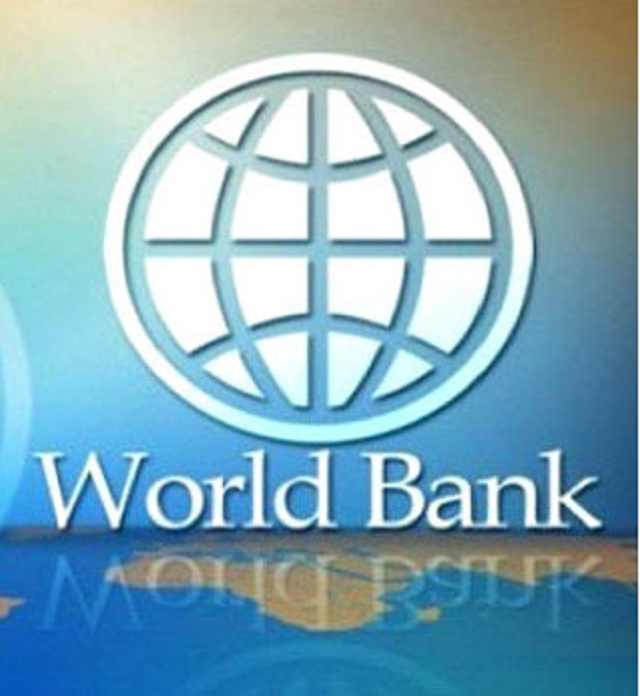The world’s 26 poorest nations are currently facing their highest debt levels in 18 years, making them increasingly vulnerable to economic shocks and natural disasters, according to a new World Bank report.
These countries, which host 40% of the global population living in extreme poverty, are poorer today than they were before the COVID-19 pandemic, despite global economic recovery in many parts of the world.
The report highlights that these nations, with per capita incomes under $1,145, are struggling with an average debt-to-GDP ratio of 72%, the highest since 2006. Half of these countries are either already in or at high risk of debt distress, and they have become heavily reliant on International Development Association (IDA) grants and concessional loans, as traditional market financing dries up.
Most of these countries are located in sub-Saharan Africa, with others such as Afghanistan and Yemen outside the region. The report shows that two-thirds are also battling armed conflicts or deep institutional fragility, which hampers foreign investment. Their dependence on volatile commodity exports and frequent natural disasters—causing annual losses equivalent to 2% of GDP—further exacerbates their economic struggles.
“IDA has been a lifeline for these nations when global support has dwindled,” said World Bank Chief Economist Indermit Gill. Over the last five years, IDA has directed the majority of its resources to these 26 low-income countries, helping them navigate historic challenges. The World Bank aims to raise over $100 billion by December to replenish IDA’s funds.
- The debt crisis is a major obstacle to poverty reduction efforts globally.
- The average debt-to-GDP ratio in these 26 nations has reached 72%.
- Many of these countries are affected by conflict, fragile institutions, and heavy reliance on commodity exports.
- Natural disasters between 2011 and 2023 have caused significant economic losses, further weakening these economies.
As of June 2024, Nigeria has become the third-largest debtor to the World Bank’s International Development Association (IDA), with a debt exposure of $16.5 billion, up from $14.3 billion in 2023. This marks Nigeria’s first appearance in the top three IDA debtors. Additionally, the World Bank’s September food security report ranks Nigeria as the fifth most affected by food inflation globally, driven by conflict and climate challenges that continue to worsen food security across the country.













